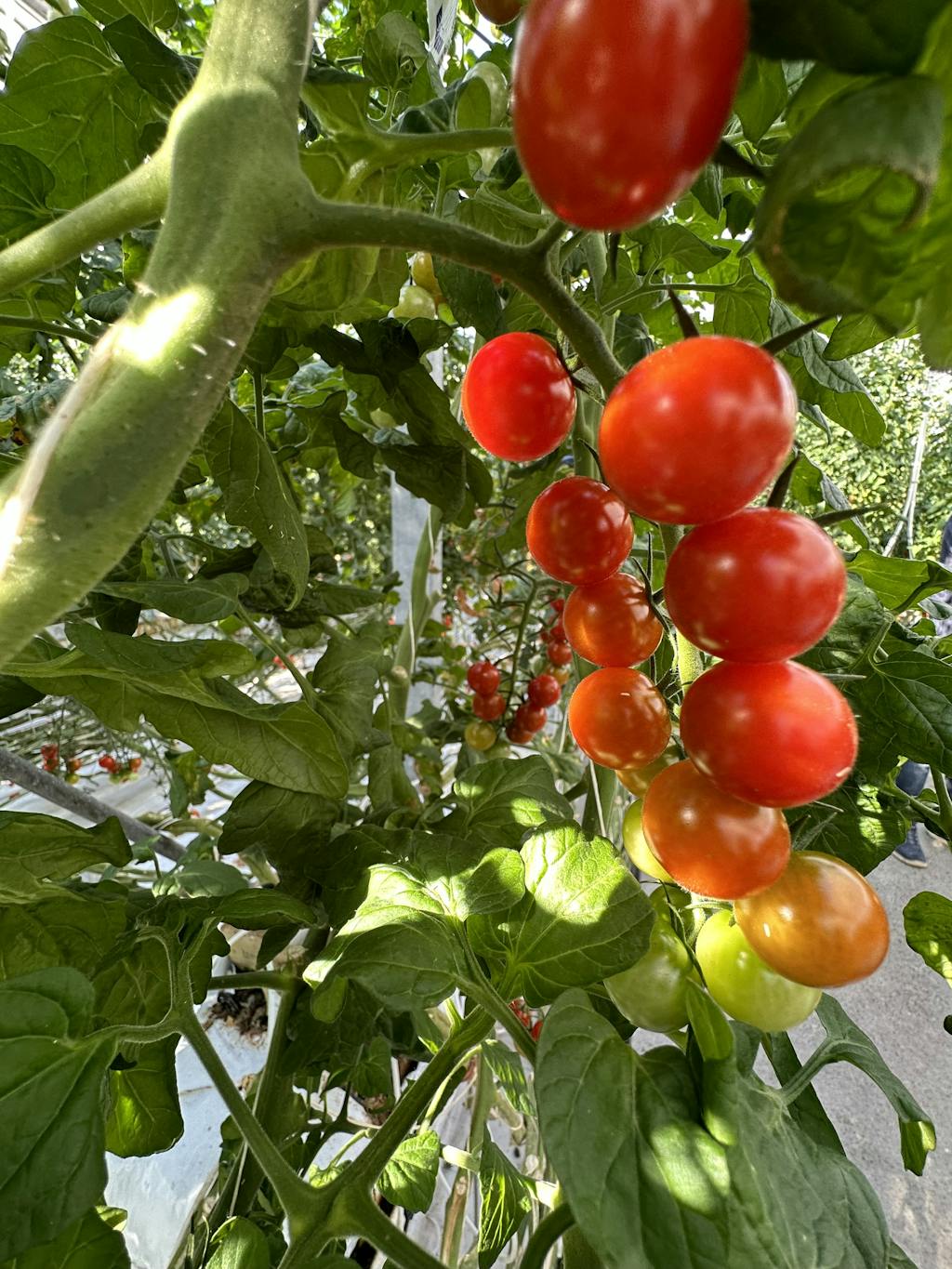10 December 2024
Geothermal Synergy project launch meeting

The Geothermal Synergy launch meeting, held on December 10, 2024, brought together about one hundred of participants from Poland, Iceland, and some other European countries to explore the transformative potential of geothermal energy.
The event consisted of three main parts:
- Project Launch Meeting,
- Webinar on Geothermal basics, Iceland’s experience, and Polish examples for stakeholders,
- Panel discussion.
The Webinar was organised by the National Energy Authority of Iceland and the Mineral & Energy Economy Research Institute of the Polish Academy of Sciences – partners in the project co-funded by EEA FM and NFM, 2014-2021.
It was a platform to foster international collaboration, exchange technical expertise, and strengthen policy frameworks to support geothermal energy development. Through expert presentations, discussions, and panel sessions, the webinar highlighted key outcomes and set the stage for future stakeholder cooperation.
One of the core themes of the Webinar was the importance of knowledge exchange. Iceland’s decades-long experience in geothermal energy development was showcased as a model for Poland’s energy transition. Experts from Orkustofnun and Verkis provided insights into Iceland's technological advancements, particularly in geothermal exploration, district heating, and sustainable energy management. They also shared their observations on current geothermal development in Poland and prospects, especially in space heating. This knowledge sharing underscored the opportunities for Poland to adopt and adapt proven practices to accelerate its geothermal initiatives. And vice-versa, Icelandic experts pointed out what they can learn from geothermal experts.
The Webinar featured a keynote address delivered by Krzysztof Galos, Chief State Geologist and Undersecretary of State in the Ministry of Climate & Environment, who emphasised the national importance of geothermal energy in Poland. He highlighted its momentum role in the country’s energy transition and sustainable development. The address also touched on the alignment of EU and Polish policies and strategies to leverage geothermal energy as a cornerstone of future energy systems. This keynote underscored Poland’s commitment to advancing renewable energy solutions while drawing inspiration from Iceland's leadership in geothermal innovation.
Policy development was a significant focus of the discussions, with speakers pointing out the role of a regulatory framework in fostering the growth of geothermal energy. Poland’s National Fund for Environment Protection & Water Management representatives outlined funding mechanisms and strategies to support geothermal projects. At the same time, Icelandic experts shared lessons learned from their country’s policy successes. The dialogue emphasised the necessity of adopting flexible, scalable policies to create an environment conducive to geothermal growth in Poland.
The webinar also explored collaborative success stories, such as the KeyGeothermal Project (keygeothermal.pl), which has facilitated vital knowledge transfer and collaboration between Iceland and Poland under the EEA FM framework. These projects exemplify how international partnerships can drive technical advancements, foster innovation, and build capacity in emerging markets like Poland. The cooperation in the geothermal sector between Iceland and Poland was initiated some thirty years ago and included highly-skilled professional training; knowledge exchange and summer internships for academic staff and students; conferences on geothermal cooperation opportunities; first joint geothermal projects co-funded by EEA FM / NFM (conducted in 2016–2024). These successful actions create the basis for further strengthening mutual cooperation, giving it a higher dimension and implementing it systematically in the coming years. Especially since international initiatives are in place and programs are expected that can support such deeper cooperation.
Participants addressed strategies to strengthen bilateral cooperation between Poland and Iceland in a dynamic panel discussion. The session explored how Poland could join the GEOTHERMICA Initiative, a European public authorities collaboration for more decisive geothermal energy progress in a net-zero world. Panelists highlighted the critical role of local authorities and municipalities in initiating geothermal projects, supported by Icelandic best practices and Polish good experiences. Opportunities for research, development, and innovation were also discussed, encouraging greater involvement from Poland’s academic and scientific communities, as well as investors and the business sector.
The webinar concluded with a forward-looking perspective on the next steps for collaboration. Organisers showcase the importance of continued dialogue and practical actions, including a study tour of geothermal facilities in Iceland, further policy workshops, and the development of a comprehensive framework for long-term cooperation. By aligning Poland with the GEOTHERMICA Initiative, stakeholders aim to secure funding, share expertise, and foster a sustainable energy future.
This event still does not fully highlight Poland's geothermal energy potential and demonstrates the power of international collaboration in addressing national and global energy challenges. With a shared commitment to innovation, sustainability, and partnership, the Geothermal Synergy Webinar marks a significant step toward a cleaner and more sustainable energy future for Europe. The speaker’s presentations underlined the urgency and potential of geothermal energy in Poland, providing a strong foundation for the following discussions and plans.

Agenda draft
Geothermal Synergy project webinar
The EEA & NFM Geothermal Synergy project introduction - Aleksandra Kasztelewicz, MEERI PAS
Importance of Iceland-Poland collaboration in geothermal energy knowledge exchange and framework development
Public support of NFEP&WM for geothermal development in Poland, 2024
Geothermal knowledge exchange – Iceland´s experiences and technological developments for benefits of Poland Óskar Pétur Einarsson- thermal engineer
Transnational geothermal experience and best practices - case of GEOTHERMICA initiative Paul Ramsak, Co-Chair GEOTHERMICA Initiative
Knowledge exchange through EEA KeyGeothermal and other projects – how project has facilitated valuable knowledge exchange between Iceland and Poland, supporting both technical advancements and policy development, Slawomir Lorek, Prezes MPEC Konin Sp. z o.o.
Knowledge exchange through EEA & NFM KeyGeothermal and other projects, Baldur Peturson, UOS